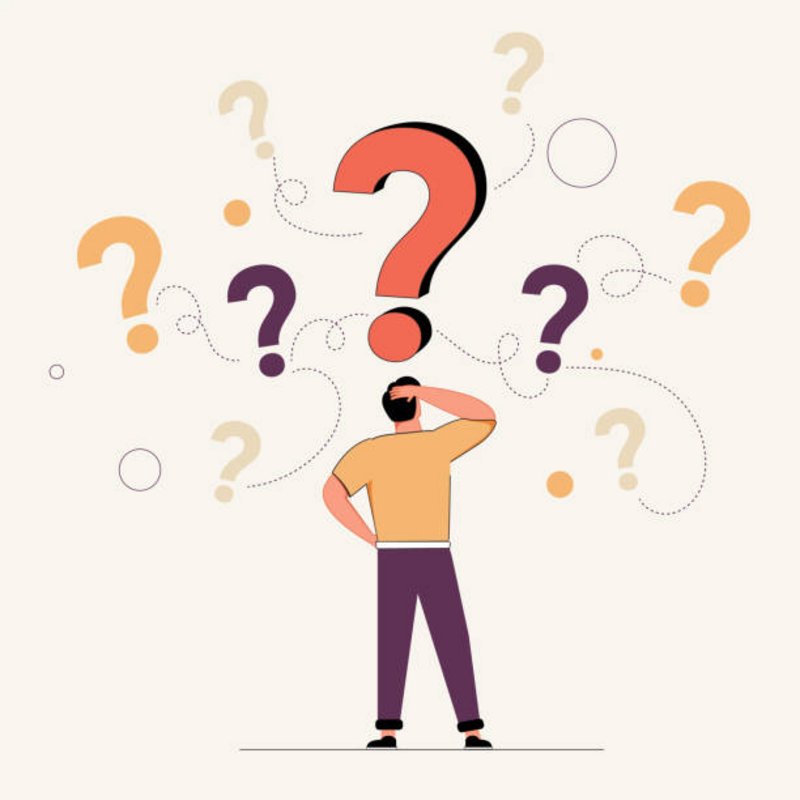
Making good decisions is an essential life skill. It is, in fact the most essential capability of all. Are you able to make good decisions consistently or are they just a few examples?
This article will look at the most relevant scientific research and thought-leadership on decision making and package the results in an easy-to-use framework. We even have a printable eBook/PDF for you to download.
There are many choices in our lives, from the basic "what to eat for breakfast" to the vital "whom should I marry."
We'll first go over some basic facts about decision-making to make it easier to understand the way humans think. We'll then move to a checklist that can be used to enhance decision making.
So you know you have a decision to make; now you need to learn more about your decision. To make this happen you will require information regarding the decision. It is crucial to know what information you require, how you will obtain it and how you plan to use it. You'll go through and evaluate the information. What you learn from this phase will help you to learn more about the issue, and hone in on prospective alternatives. To discover extra information about decision making, you must check out d8 dice website.
1. Recognize that humans aren't the best decision makers.
Consider the most crucial decision of all: who will we be married to? The decision to choose an ideal partner for the rest of our lives is not an simple one. Based on the CDC's National Center for Health Statistics 42% of all weddings in the USA result in divorce. That means 58 percent of marriages end in divorce. We still fail 42% of times, despite fact that we do not have a time limit to try out, assess our prospective partner.
One theory is that people do change and people become more distant in time. This can make the result unpredictable. Still, the counter-argument is that the criteria on which the decision was based were not as robust as they could have been.
2. Understanding How You Make Decisions
One of the finest books on the thought process and the way we make our decisions, Thinking, Fast and Slow (2011), by Daniel Kahneman, a behavioral economist, presents the concept that consists of two "systems" of cognition.
System 1 thought functions in a way that is automatic and rapid, and with little or no effort, and without any sense of free control.
System 2 thinking focuses attention on the challenging mental tasks that need it, such as complex computations. The functions of System 2 are often associated with the subjective sensation of agency, choice, and concentration".
We have two systems: System 1 and 2. Kahneman states that although System 1 thinking is fast and easy, it may lead to incorrect conclusions, be based on intuitions, biases and overconfidence.
3. Refrain from making the same mistakes over and over again.
Be honest with yourself, do you usually make right decisions? There isn't a single person on this planet who can make the right choices every all the time. If you make it right 60% of the time, you are doing very well. Anything else, particularly the critical decisions, will mean you are proud of yourself.
4. What's the point of making this choice?
It is essential to comprehend your motive for a decision to recognize its importance. You'll have to spend more time deciding how important it is.
The motivational model above helps us understand why we are motivated to change our lives and work towards more. The needs for deficiency are our most primal needs; these are the things we need to attain in order to achieve a state of happiness and contentment. These are the things you should do in order to create a foundation for personal development (higher on the ladder).
5. How Important is The Decision For You?
Every level of the Maslow pyramid may seem crucial for you, based on your life stage. However, the majority of people are fighting for their most basic needs. Career or work, love and relationships, as well as personal security, are not guaranteed in any country on earth.

Think about where your choice lies. This will help you determine the amount of effort and time you'll need to put into the decision , and the amount of commitment you must make to implement it.
It is essential to concentrate your energy on making the best choice. People will be more focused on the car they purchase than they do the person they select. They will spend more time choosing the right TV and comparing it with what they eat for breakfast. The kind of TV you own isn't so important as the food you are eating.
No comments:
Post a Comment